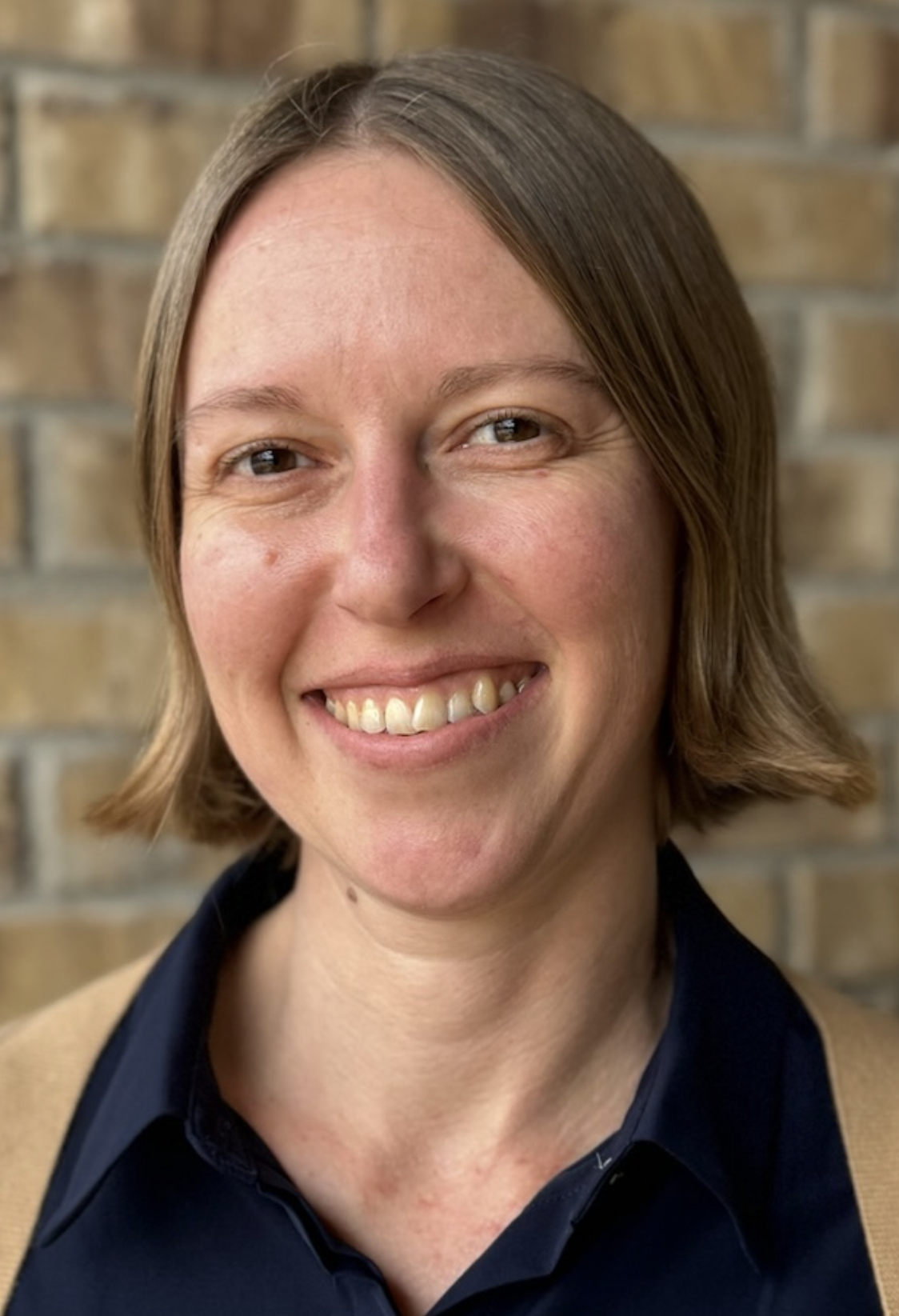Bridging the GIS Divide: Designing truly accessible GIS training for underserved communities
Date:
Abstract: GIS is a powerful tool for understanding, communicating, and advocating for systemic change to increase sustainability and resilience in communities around the world. However, the barriers to using GIS for community-driven change initiatives are substantial.
These barriers include (but are not limited to) a lack of: awareness/understanding of GIS strategy among decision-makers; accessible GIS training; affordable GIS software; and detailed, high-quality, and accessible geospatial data, especially outside of the US and European Union. In an effort to overcome these barriers, the UN CIFAL Honolulu, with funding from the NSF ALL-SPICE Alliance, has developed two introductory, online, 6-week short courses in GIS for a global audience of underserved populations. These short courses employ features such as student-led project-based learning; open-source software, learning materials, and datasets; systems-thinking approaches; and grant-funded fee waivers to ensure a quality learning experience for previously underserved participants who are committed to using GIS to support the achievement of the UN Sustainable Development Goals within their own communities. Results from early cohorts indicate that participants find the courses valuable and accessible, plan to continue to use the GIS and sustainability/resilience skills and knowledge they have learned, and know how to acquire new skills and knowledge.
